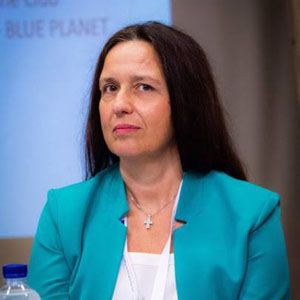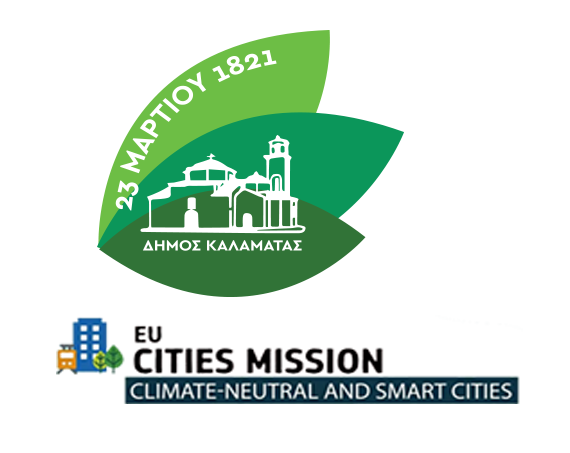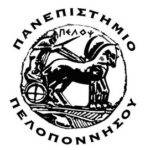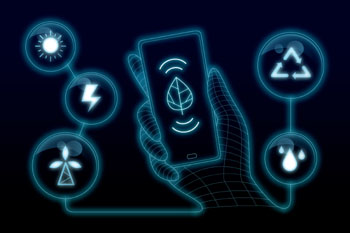Speakers
ENIRISST+
Anna-Maria Kotrikla
Dr Anna Maria Kotrikla is Assistant Professor at the Department of Shipping and Business Services in the field of Environmental Technology and Management for Shipping and Transport. She holds a BSc in Physics from the Aristotle University of Thessaloniki and a PhD in Environmental Science from the Department of Environment, University of the Aegean.
Her research interests focus on the study of the impacts of shipping and transport on the atmosphere and climate. She is involved in the study of air pollutant emissions from shipping and road transport and their dispersion in the urban environment. Investigate the use of low-cost sensors to measure air pollutant levels with a focus on fine particulate matter (PM2.5). Study methods to activate citizens on air quality and climate change mitigation and adaptation (citizen science programmes, formal and informal environmental education). He has authored a book and over 45 publications in peer-reviewed scientific conferences and international journals.
He teaches the courses Management, Conservation, Environmental Policy, Transport and Environment I and II, Natural and Energy Resources Management (at undergraduate level) and Shipping and Environment (at postgraduate level).
She is in charge of the Erasmus+ programme and liaison between the Department of Shipping and Business Services and the Library of the University of the Aegean. She coordinates the student volunteer group Aegean Greeners and participates in the Green University Committee of the University of the Aegean.
Air quality and citizen science
Indoor and outdoor air quality is affected by a multitude of pollutants either gaseous (NOx, CO, NMVOCs, O3) or particulate (PM1, PM2.5, PM10). Although the pollution situation in Europe has improved in recent decades, according to a recent (2023) report by the European Environment Agency (EEA), it is estimated that 1200 children and adolescents under 18 years of age die each year due to exposure to air pollution in Member States and EEA partner countries. Anthropogenic sources of pollutants in the urban environment are transport, domestic heating, industry and manufacturing, etc.
Pollution levels are monitored by the authorities, using reference instruments that meet strict quality standards, are supervised by qualified personnel and are very costly. Over the last 15 years, low-cost sensors have been developed which, although they do not meet the strict quality criteria of reference instruments, are particularly useful for monitoring pollution levels by citizens in the context of citizen science. Citizen science is the involvement of ordinary citizens, i.e. non-professional scientists, in scientific research processes.
This paper presents the potential of using low-cost mobile sensors by citizens to monitor fine particulate matter concentrations in various environments. The use of the sensors to capture pollution levels indoors (effect of activities such as smoking, cooking, sweeping and ventilation frequency) and outdoors (effect of transport) is explored. Finally, the advantages and limitations in the use of sensors are discussed.





